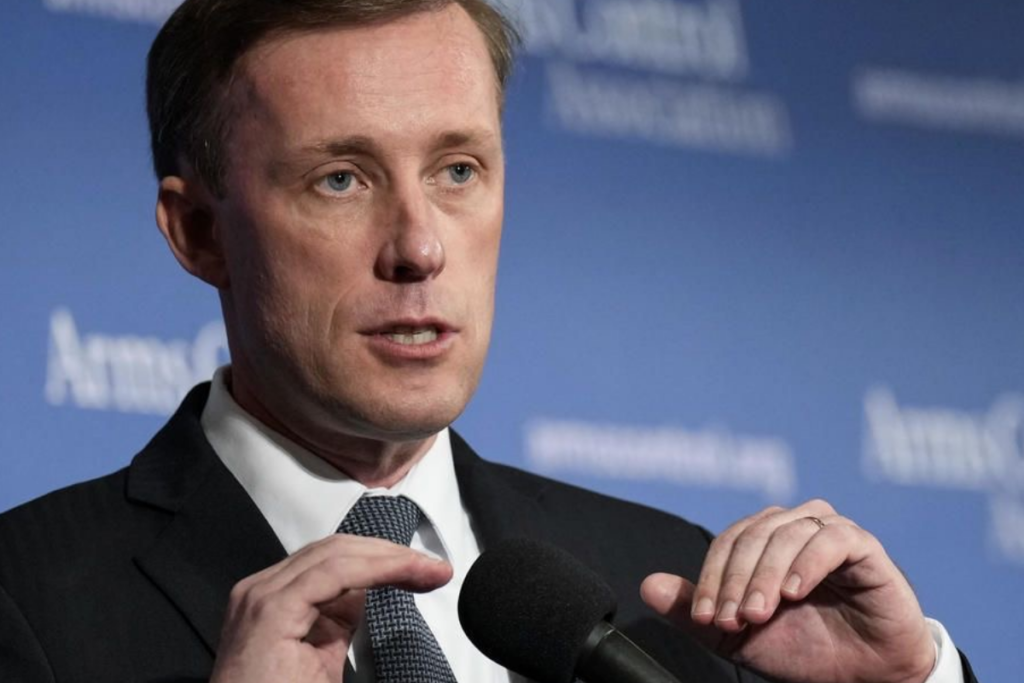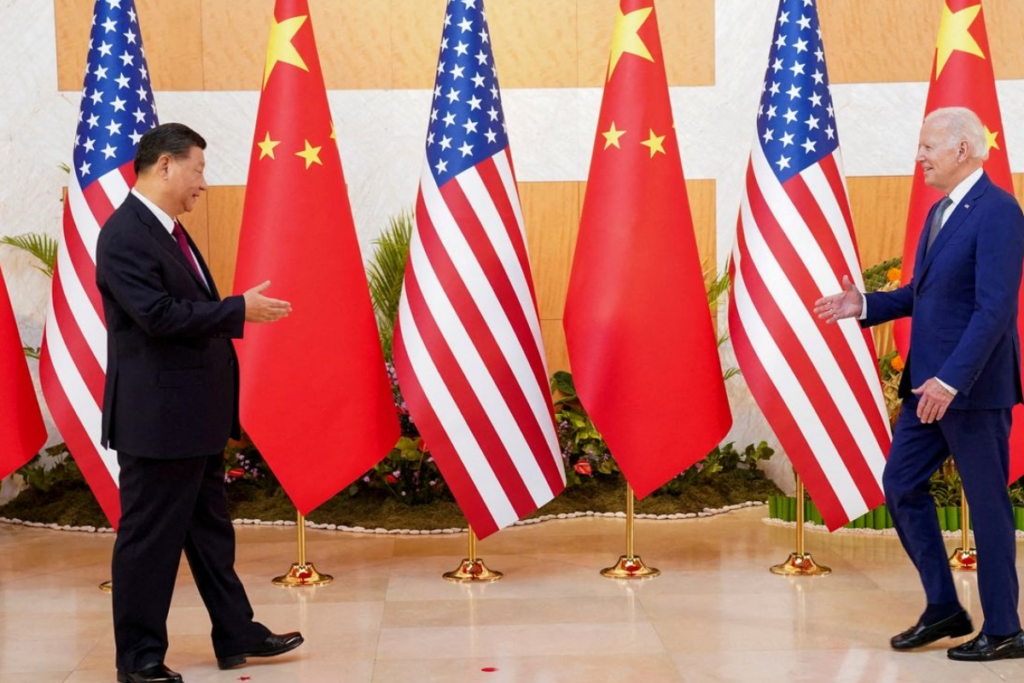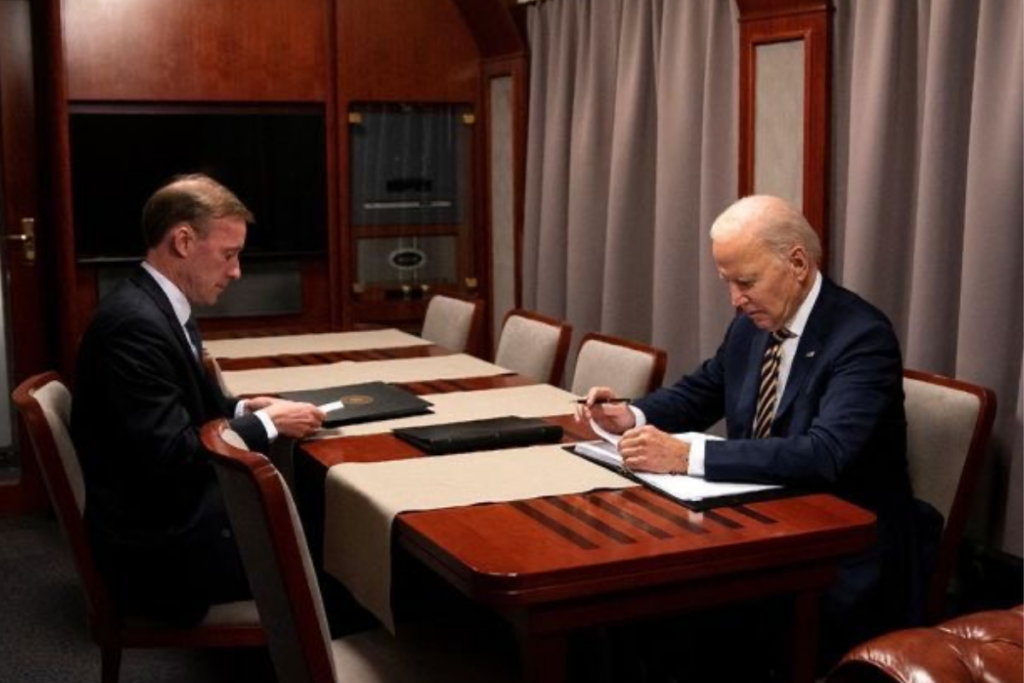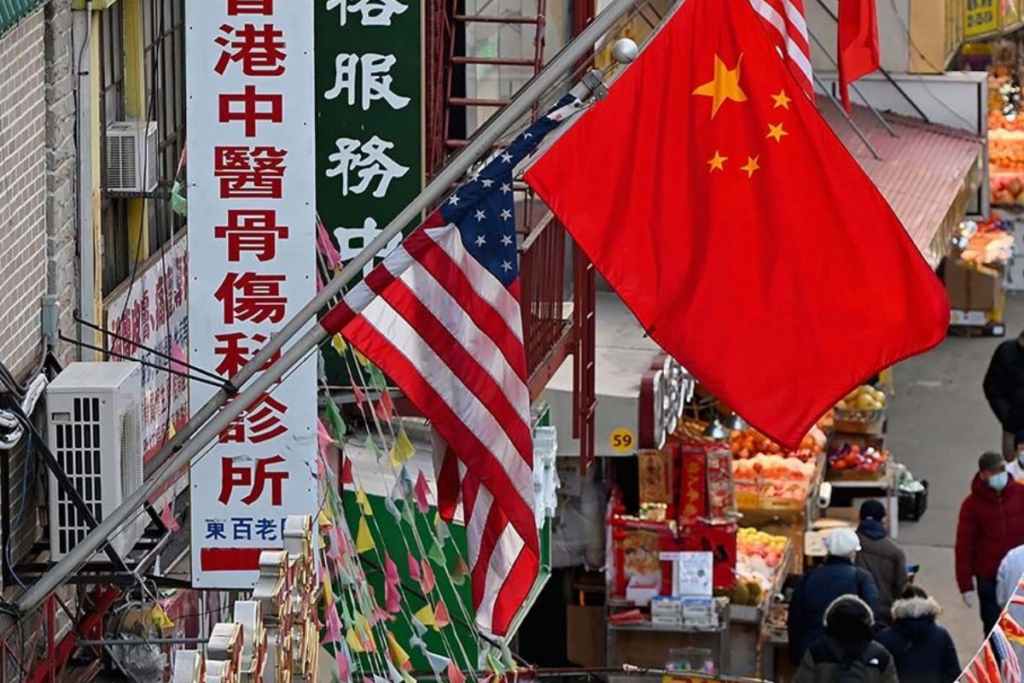Jake Sullivan, the U.S. national security advisor, held essential meetings with Chinese leaders, including President Xi Jinping. Sullivan said he talked about how both countries focus more on economic security. For example, the U.S. has limited the importation of Chinese technology because of national security concerns; China has been doing similar things to protect its economy.
U.S.-China Relationship
Foreign businesses in China are unhappy and have complained that the rules are vague and unfair. They complain that local Chinese companies seem to get better treatment. The government also provides subsidies that allow local companies in China to sell at much cheaper prices.

During his visit, Sullivan discussed these issues with the Chinese officials. Although they had intense discussions, they could not reach an agreement. The U.S. national security advisor said that one of his trip’s primary purposes was to manage the relationship between China and the U.S.
He tried to improve bilateral relations between both countries before a new president took office. The need for this effort is more significant now, especially after President Biden recently dropped out of the Presidential race and Vice President Kamala Harris became the Democratic nominee.
Sullivan explained that Harris was an essential part of Biden’s foreign policy and that she still believes in it. The Vice President believes in responsibly managing the competition between the U.S. and China to avoid conflict. High-level communication, like Sullivan’s meeting with the Chinese leaders, is critical in making the policy happen.
Although Sullivan met with several top Chinese officials during his visit, President Biden and President Xi are expected to talk on the phone soon. They might even meet in person later this year. President Xi expressed hope that the U.S. would view China’s growth positively and work together to find a way for the two countries to get along.
Tension Between China and the United States
Tensions between the U.S. and China have risen in recent years, evident in areas like finance, trade, and technology. Although there have been significant changes in the relations between both countries, according to the Chinese President, China’s commitment to stable, healthy, and sustainable China-U.S. relations hasn’t changed.

The trip U.S. National Security Advisor Jake Sullivan made was the first one since 2006 when a U.S. national security advisor under Obama’s administration visited China. Although the outcome of the upcoming U.S. presidential election is unknown, the two parties vying for the presidential seat have the same opinion about China. They both agree on being strict with the Asian country.
Kamala Harris’s current national security adviser, Phil Gordon, said the challenge with China goes well beyond Taiwan. He said it involves ensuring China doesn’t get advanced technology, intelligence, and military power that could challenge the U.S.
ALSO READ: U.S. and China Sign Agreement to Collaborate on Financial Stability
What Does a National Security Advisor Do?
A national security advisor, like Sullivan, is a high-ranking official who provides expert advice to a country’s leaders, such as a president or prime minister. They advise on matters relating to national security, including relationships between countries, military issues, dealing with terrorism, and military protection against cyber threats.

The national security advisor helps leaders make important decisions about defending and keeping a country secure within and in other countries. In the U.S., the Advisor works explicitly with the President.
They advise the president on handling threats and challenges that could impact the nation’s safety. They can give expert advice on military operations and strategies, managing foreign relations, and reacting during emergencies that could put the country at risk.
Apart from the president, the national security advisor also closely works with other essential officials. These officials include the Secretary of Defense, the Secretary of State, and the heads of intelligence agencies. They all work together to ensure the President has all the necessary information and support to make the decisions for the country’s security.
ALSO READ: China’s Move Away from the U.S. Dollar Signals Escalating Tensions
What Challenges Does the U.S. Economy Face Due to China’s Economic Rise?
The rise of China’s economy has brought several challenges to the U.S. economy. One of the most significant issues is how solid Chinese companies have become in the global market.
These companies often produce goods at lower prices, making things difficult for U.S. companies. The issue primarily affects the manufacturing, technology, and renewable energy sectors, and the competition has put pressure on American businesses.

Another issue is the trade imbalance between the U.S. and China. The U.S. imports much more than it exports to China, which is raising concerns about the loss of jobs in American factories and the nation’s becoming too dependent on China. Many U.S. companies also worry about their intellectual property, including designs, inventions, and technologies.
There is also a technology rivalry between the U.S. and China, which poses a big challenge. China has made significant progress in the 5G network, artificial intelligence, and electric cars. This competition is important because whoever leads in technology could have more economic and military power.
You Might Also Like:
Euro Zone Inflation Drops to 3-Year Low of 2.2%, Supporting Case for September Rate Cut
California City Pushes Back Against Electric Vehicles by Reducing Number of Chargers
20,000 AT&T Workers Quit, Demanding Fair Contracts
Kohl’s Focuses on Cost Controls and Leaner Inventories to Boost Profit Targets

